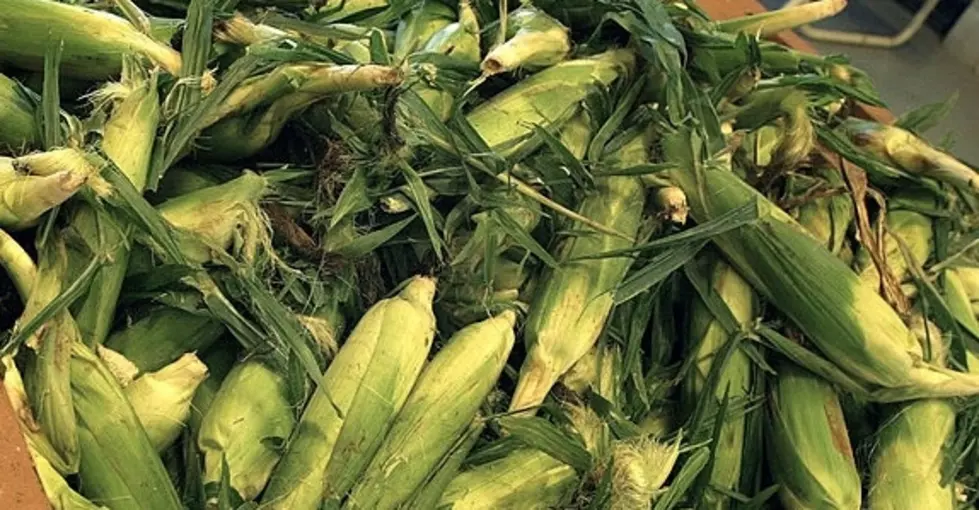
Non-Payment & Falsified Records Impact Local Farmers
Owners of a Clinton County grain dealer pled guilty to intentionally maintaining false or misleading records and accounts. As part of the felony plea agreements, both defendants have agreed to restitution of $756,183 to five local grain producers. Read the full story from the Michigan Department of Agriculture and Rural Development here.
Every day, the Michigan Department of Agriculture and Rural Development works to help ensure our state’s farmers are paid for the grain they provide to Michigan’s grain dealers. Through partnership with the Michigan Agri-Business Association and the Michigan Farm Bureau and its memberships, MDARD was made aware of non-payment and falsified records impacting farmers in Clinton County.
On November 16, 2015, owners of a St. Johns grain dealer pled guilty to intentionally maintaining false or misleading records and accounts. As part of the felony plea agreements, both defendants have agreed to restitution of $756,183 to five Clinton County grain producers.
The Farm Produce Insurance Act, PA 198 of 2003, as amended (PA 198), works in combination with the Grain Dealers Act, PA 141 of 1941, as amended (PA 141), to provide legislative protections to Michigan producers from bankruptcy and illegal business tactics by grain operators. Both industry and producers play a major role in the administration and enforcement of PA 198 and PA 141 through communications and input.
The Farm Produce Insurance Authority was established in 2003 to provide reimbursement to participating producers for losses suffered when a grain dealer declares insolvency or is otherwise unable to pay its producers for grain they delivered and sold but were not paid for. The FPIA is chaired by the MDARD Director and consists of a 10-member (8 voting) board representing farmers, industry and banking interests. Covered commodities include corn, soybeans, dry beans, small grains and cereal.
To receive the protections of the Grain Dealers Act and the Farm Produce Insurance Act, it’s essential the producer transacted with a licensed grain dealer and that the contracted farm produce was delivered. If a grain dealer goes out of business, producers who have paid into the Farm Produce Insurance Fund are entitled to 100 percent payment on farm produce stored under warehouse receipt, grain bank, or open storage in Michigan licensed warehouses or 90 percent payment on all other financial losses from farm produce delivered and sold to the grain dealer, but not paid for by the dealer.
Since 2005, the FPIA has paid more than $4.4 million in claims to over 200 producers and has recovered approximately $600,000 from bankruptcy and probate proceedings.
Success of the FPIA and the Grain Dealers Act relies on open communication between producers, grain dealers and MDARD on all irregularities and non-payments. If you have any questions, or would like more information about the FPIA, please call (517) 284-5642 or visit michigan.gov/graindealers.
More From US 103.1 FM









